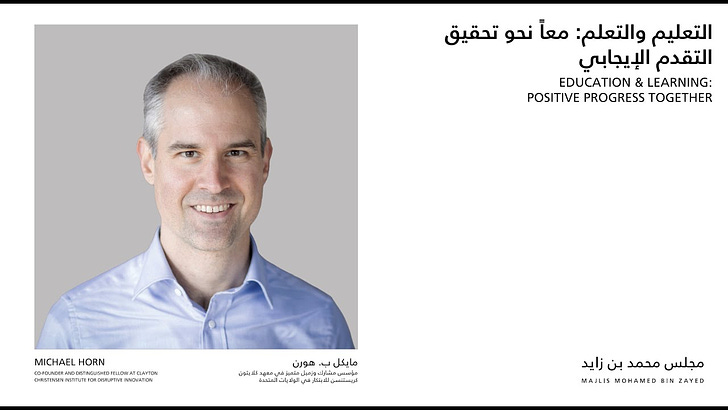UCLA and USC dropped some bombshells in college athletics this summer when they announced they’d be bolting from the Pac-12 to the Big Ten in two years. Many think this latest edition of athletic conference realignment in higher ed has nothing to do with the wellbeing of students, and it’s all about the money for their institutions.
That’s why Jeff Selingo and I invited reporter Matt Brown, publisher of Extra Points, and Arizona State University sports historian Victoria Jackson, to join us on Future U. We wanted to understand why the conferences have so much power over the historical foundations of American higher education and start to explore the impact on student success and wellbeing. You can check out the episode here.
At the same time, far beyond varsity athletics lies the topic of fitness, which has a huge impact on every student’s success—in school and in life. Physical education should be a core part of every student’s day, but not in the way P.E. class has evolved. Instead of focusing on developing athletes, the focus should be on developing individuals capable of pursuing fitness over their lifetimes to improve their wellbeing—as well as their academic performance. It’s a core argument in my new book, From Reopen to Reinvent. In this podcast episode with Ken Reed, the sports policy director of League of Fans, we talked about my book and the importance of moving to a positive-sum experience rather than a zero-sum one in P.E.; how quality P.E. improves student attention and focus in other school subjects; and how good physical activity habits developed in the K-12 years lead to adults who prioritize lifelong physical fitness, among other topics.
In my view, the trend of schools dropping or deemphasizing physical education is the exact opposite of what we need right now. You can check out the podcast with Ken Reed here. For those curious, League of Fans is a sports reform project founded by Ralph Nader to fight for the higher principles of justice, fair play, equal opportunity, and civil right in sports; and to encourage safety and civic responsibility in sports industry and culture.
Reinventing Schools
On the topic of reinventing schools, Jeff Selingo was also generous enough to take me out of the host role on the latest episode of Future U. and put me in the hot seat to talk about my new book. Although From Reopen to Reinvent is a book about K–12 education, Jeff delved into the implications for higher ed institutions. This turned into one of the most in-depth conversations about the book, with some great pushes from Jeff along the way that caused us to explore some interesting nuances.
I can’t recommend this episode enough. You can listen to it here.
Staying on the topic of my book, a number of reviews of it have been published in the last couple weeks.
Christian Talbot, the new president of the Middle States accreditor, wrote a review titled, “Michael B. Horn’s From Reopen to Reinvent: A Must Read for School Leaders.”
And Mark Siegel, assistant head of the Delphian School, reviewed the book here in “From ‘We Should’ to ‘Here’s How,’ The Rise of Mastery Learning in Schools.”
For those who have read the book, a reminder to please leave a brief review here at Amazon or Goodreads. And thank you in advance.
Reporter Chelsea Sheasley also wrote a terrific piece on how the pandemic has changed learning for the Christian Science Monitor. You can read the results of her reporting here at “School 2.0: How Has the Pandemic Changed Learning?”
And lastly, I had the honor to speak in Abu Dhabi a couple weeks ago at the Majlis Mohamed bin Zayed, the president of the United Arab Emirates. They recorded my lecture, titled “Positive Progress Together,” and the Q&A that followed, which you can view here:
Future U. Live in DC
Finally, if you’re going to be in Washington, DC November 3, the Chronicle for Higher Education is hosting an in-person leadership forum, “Chronicle Festival: Reconnecting the Campus.” Jeff and I will be on site recording a Future U. podcast as part of the conference agenda. You can learn more and register to attend here.
Until next time, thanks for reading, writing, and listening.




